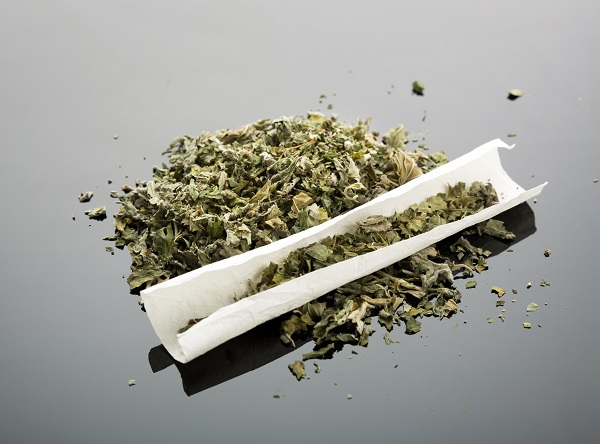There Is No Reliable Test for DUI Marijuana

It’s true: there is no reliable test for DUI marijuana. While police can observe drivers for signs of impairment, no blood or breath test can show accurately whether a person is so impaired by marijuana as to make driving unsafe.
The reason marijuana concentration in the body cannot be tested reliably lies in science. The ethanol in alcohol dissolves in water, and human bodies are mostly water. Ethanol concentration in the body reduces quickly over time. In contrast, the THC in marijuana is fat-soluble and does not dissolve in water. It can remain in the body for weeks. A recent study found that some marijuana users had measurable THC levels a month after they last used the drug. Another study found that people who rarely used marijuana could smoke a joint, then show no evidence of THC in the blood immediately afterward.
Legislators have decided that alcohol impairment should be measured by blood alcohol concentration at a certain level because, in part, of studies showing how the body reacts at different BACs and how that affects driving ability. For marijuana, no study has shown a reliable measure for how much THC concentration results in driving impairment. In fact, the studies mentioned above suggest that you could be completely unimpaired but test for a high THC concentration and vice versa.
As a result, law enforcement officers essentially are guessing about a driver’s level of impairment if he has been smoking weed. Difficulties in measuring intoxication have led to some states making it a crime to drive with any level of THC in the bloodstream, regardless of whether the driver actually is impaired. In an opposite move, police often arrest drivers who appear impaired, regardless of whether they have taken any intoxicating substances at all. Officers’ judgment is not perfect – during training courses they have identified completely unimpaired drivers as being impaired.
Some states, like Colorado, have laws indicating what level of THC is considered impairing, similar to BAC laws. Colorado’s law allows jurors to infer impairment if the accused is driving with more than 5 nanograms of delta-9-THC per milliliter of blood. The problem, as described above, is that the cutoff level is meaningless scientifically. Unfortunately, law enforcement and legislators often do not wait for science to catch up. Cutoff laws like Colorado’s are an imperfect attempt to measure marijuana impairment.
Need an attorney for DUI charges in Oklahoma? Seek out the attorney who is in court nearly every day and teaches other attorneys and law enforcement about sobriety testing techniques. Clint Patterson, Esq., of Patterson Law Firm, a former Tulsa prosecutor now using his trial experience and expert-level knowledge of DUI science to defend drivers, has the experience and the insight to evaluate the strengths and weaknesses of your case. To schedule a case evaluation, visit Patterson Law Firm online or call Clint’s office at (918) 550-9175.

